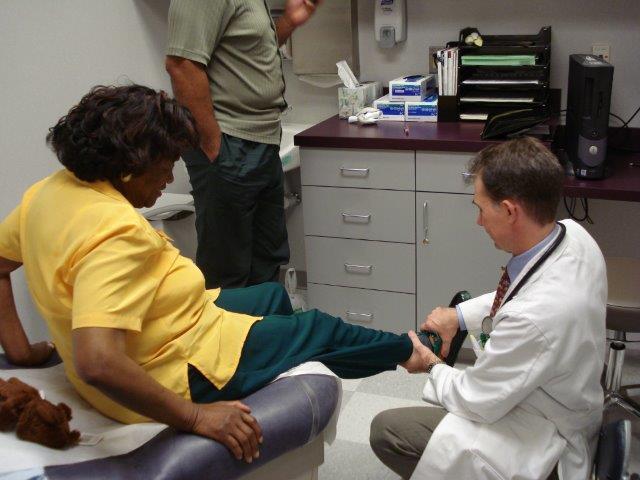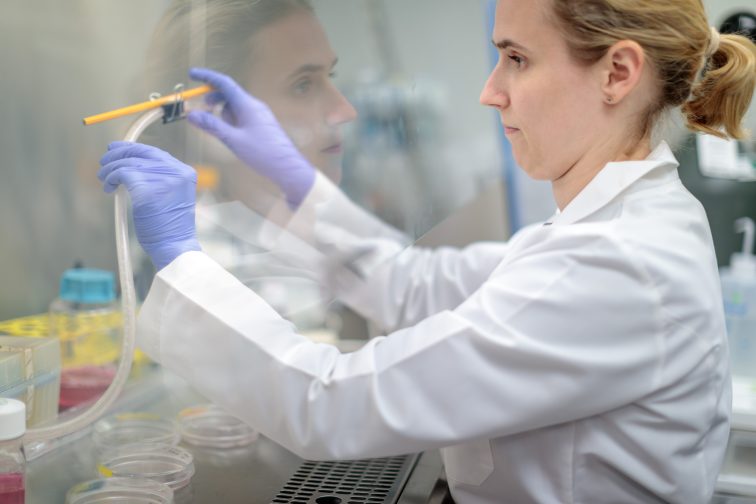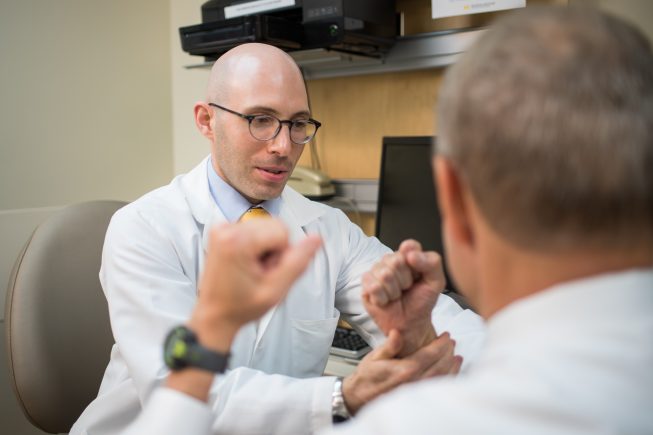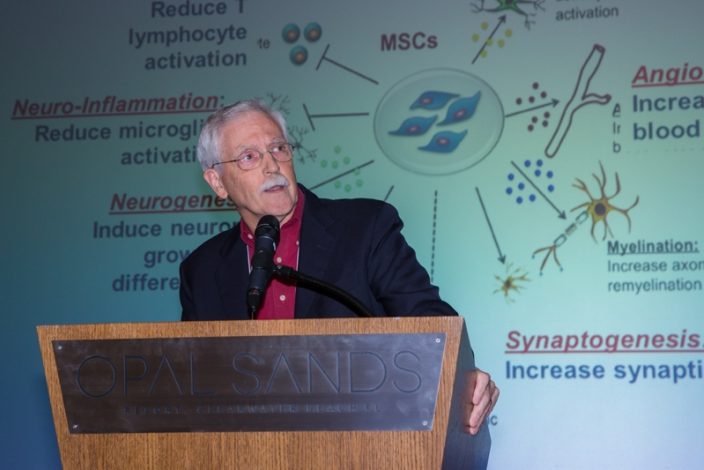
ALS Clinical Research
Clinical research is the only way that promising laboratory science can be translated into treatments for ALS and other neurological diseases. People living with ALS, along with family members and caregivers, are essential partners in this research.
ALS is a uniquely human disease, and investigations into the causes and possible treatments cannot be done without the participation of people living with the disease. As a world leader in ALS clinical research, NEALS is committed to providing accurate, up-to-date information for all involved in the clinical research process.


What are clinical trials and why are they important?
If you or a loved one has ALS, you know the frustration around the lack of treatments that can stop or significantly slow the disease. However, you may not be familiar with the thousands of scientists and researchers working hard to discover those treatments.

Getting involved in a Clinical Trial
Clinical trials are the best way to develop new treatments for people living with ALS. Individuals who participate in a clinical trial play a vital role in advancing care for the entire ALS community. Even when a trial does not meet its primary endpoints, we broaden our understanding of the disease and move closer to promising new treatments by building upon previous research efforts. For more information about participating in ALS clinical research, explore the Les Turner ALS Foundation guide by clicking below.

Understanding Placebo-Controlled Trials
Every ALS researcher has been asked the very reasonable question, why use placebos in a trial for a disease as serious as ALS?

Clinical Trials Definitions
Terms that appear on the NEALS website or are meant to provide background on topics discussed on the NEALS website.